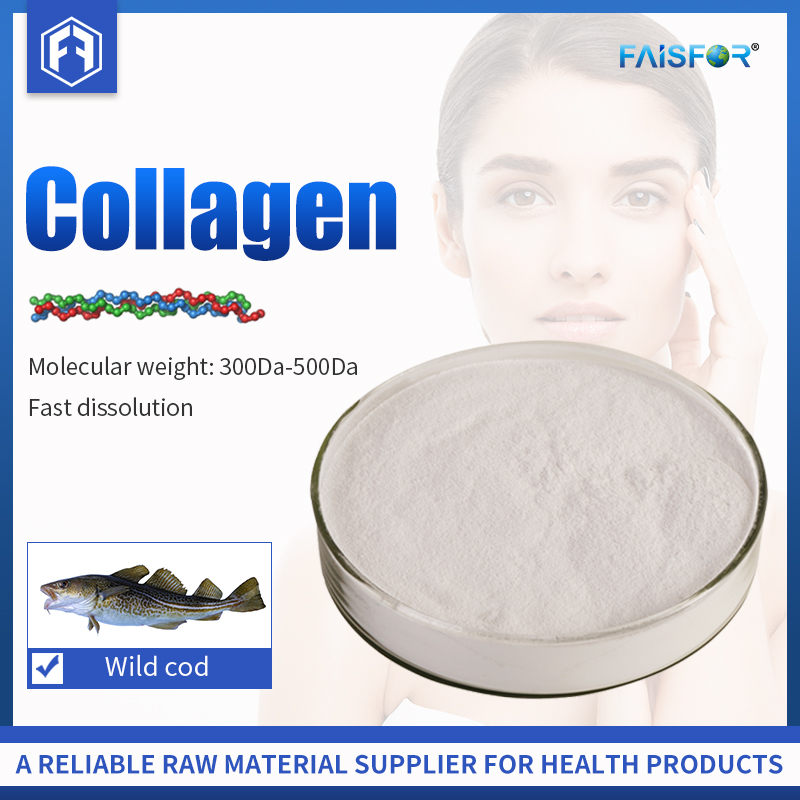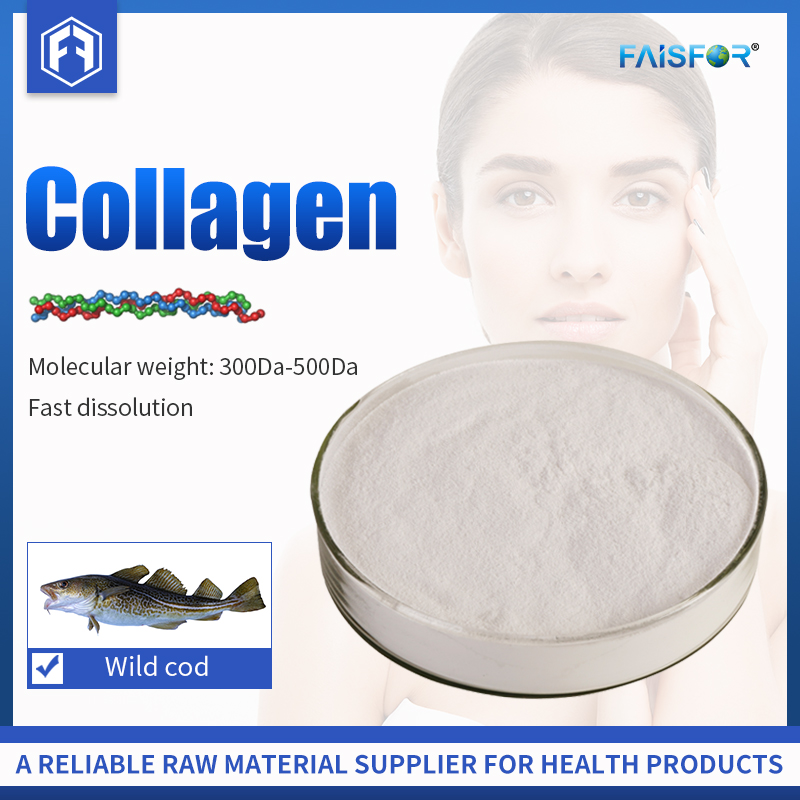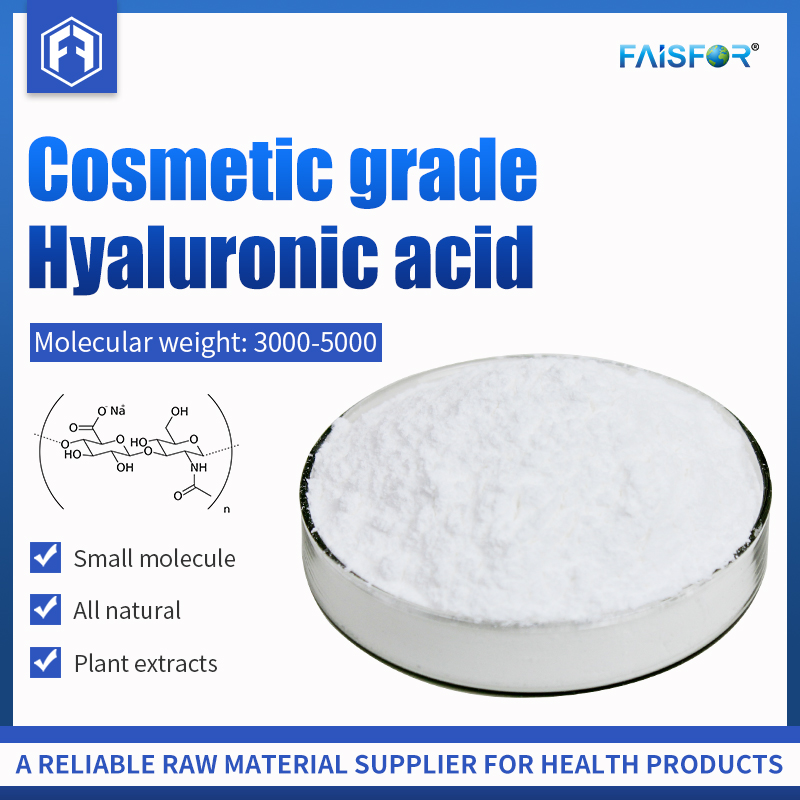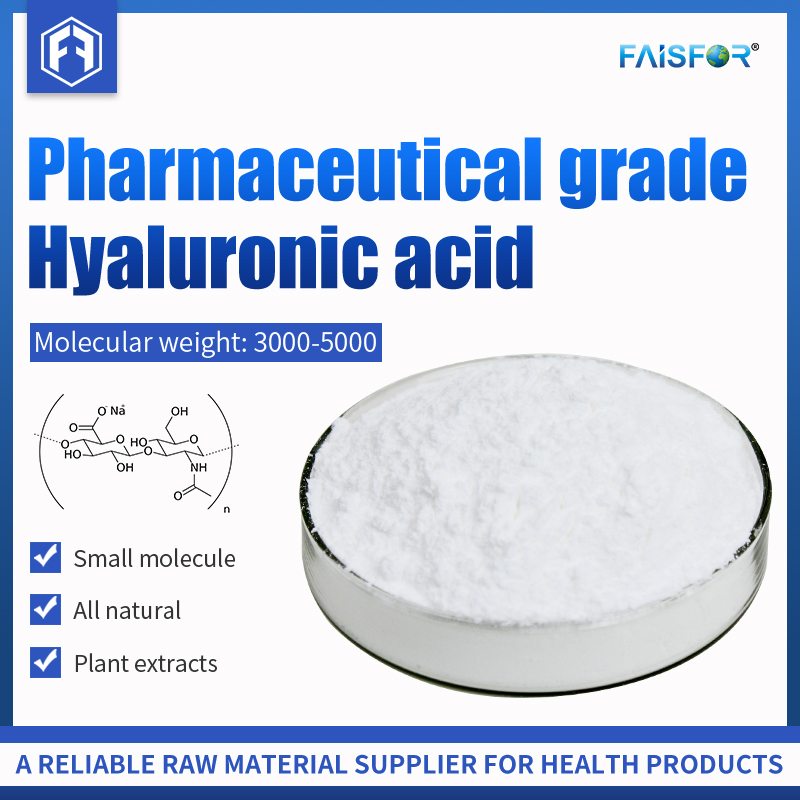The outbreak of the curcumin market
2022/03/31
The curcumin market has been growing over the past few years. The demand for products with high bioavailability continues to grow in the consumer market. Currently, the absorption rate of an ingredient in the human body is considered the "make or break" of an ingredient formulation, as it plays a crucial role in determining dosage effectiveness and quality. For many years, the bioavailability of curcumin has always been the industry's focus, and many companies have solved it through technologies such as microencapsulation technology, phospholipid compound embedding, and raw material compounding.
It is understood that in the past, curcumin was used as a food additive or pharmaceutical ingredient in the form of "curcumin or aluminum lake with a content of more than 90%" in the European Union. The approval of the relevant patented products of the company in the United States has broadened its application in the food field.
Curcumin C3 Reduct is a colorless, hydrogenated curcumin derivative containing the curcuminoid metabolite tetrahydro curcuminoids (THCs). Evaluation data released by EFSA indicated that the product was safe for the target population at 140 mg per day. As a dietary supplement, the maximum daily intake of this product is 300 mg for adults, excluding pregnant and lactating women. As an antioxidant, tetrahydrocurcumin offers many health benefits, one of which is related to colon health. At the same time, microbes in the gut also metabolize curcumin to tetrahydrocurcumin, which unlocks many of curcumin's benefits.
Turmeric has been used as medicine and food for centuries, and modern scientific research continues to push the ingredient to a broader stage. As of February 2022, there are tens of thousands of research papers related to curcumin, focusing on anti-inflammatory and antioxidant aspects. 2021 has the most research data, and curcumin research and development investment has increased significantly. Brain cognitive health has become a new direction of curcumin research in recent years. A study involving 155 subjects conducted by the Universities of Westminster and Coventry in the United Kingdom found that supplementation with a complex of iron and curcumin may improve serum levels of brain-derived neurotrophic factor (BDNF), which is a regulatory protein involved in normal neuronal function and energy homeostasis, indicating potential applications in learning and memory.
A growing body of research confirms the potential of curcumin for athletic performance and post-exercise recovery. The raw materials in the joint health market are mostly traditional glucosamine, chondroitin sulfate, etc., and new raw materials represented by curcumin have entered the market. Henan Zhongda Hengyuan Company independently developed a curcumin product with a high absorption rate. CUHK said it would focus more on research and development of curcumin products for future bone health and sports nutrition.
One of the more subdivided areas of curcumin is its effects on stress/anxiety and sleep, which are primarily related to serotonin. Serotonin is a neurotransmitter that stabilizes people's moods and helps with sleep, eating, and digestion. In a 30-day, double-blind, crossover trial that tested curcumin (1 g/day) or placebo in 30 subjects with anxiety and depressive symptoms, the curcumin group reduced anxiety scores.
As scientific research continues to deepen, the health properties of curcumin will continue to receive attention.










